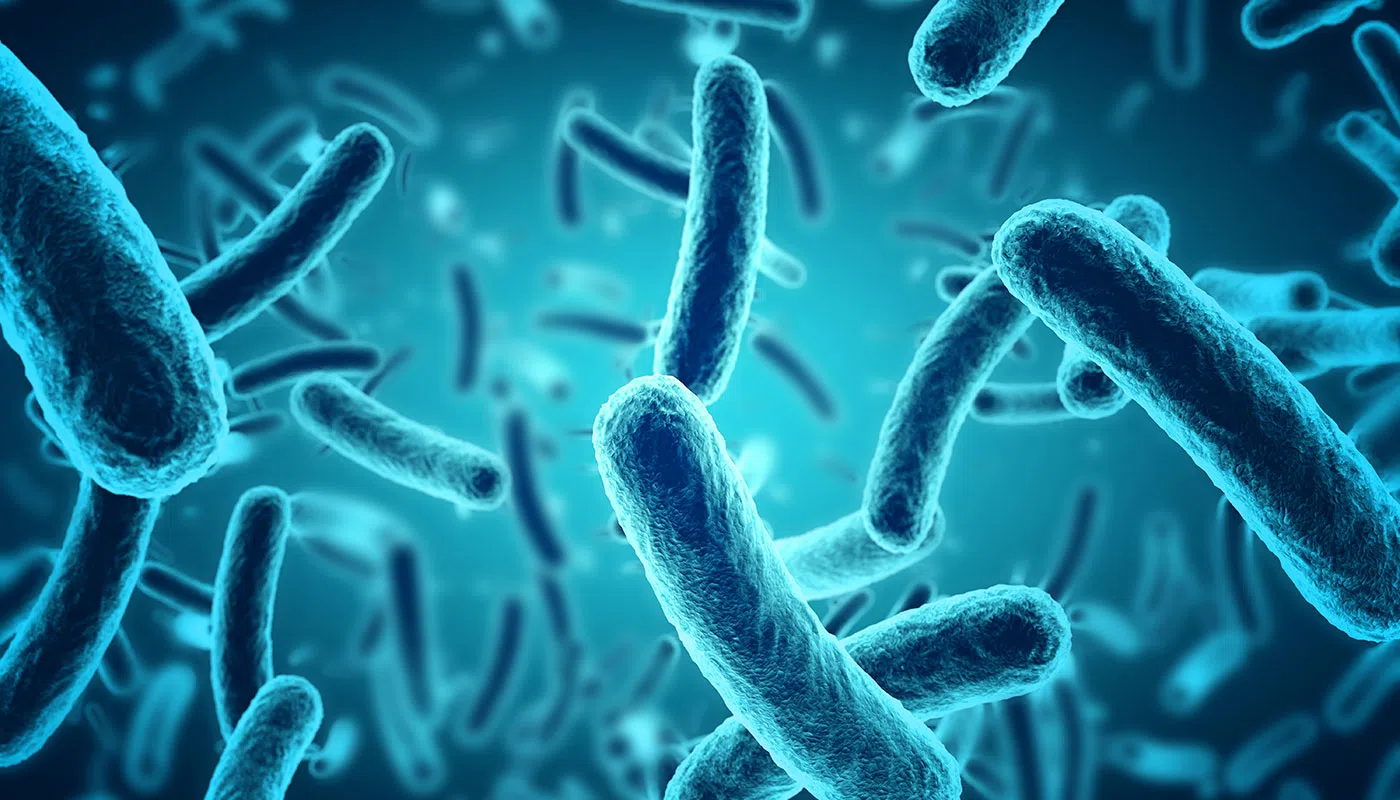The origin of probiotics

If you’ve ever wondered who first discovered probiotics or which foods or drinks are considered good sources of probiotics, you should read this article.
These days you can go into any health food store or pharmacy and ask for a pack of probiotics but have you ever wondered where they come from? or who discovered them?
The word “Probiotic”, is actually derived from Latin and literally means 'for life'. Thousands of years before people were aware of, or fully understood microorganisms, they were being utilised in in a wide range of fermented products, such as beer, bread, wine, kefir, kumis and cheese.
The early origins of Probiotics
It’s likely that during the late stone age, when man was domesticating animals and drinking milk, the first occurrence of fermented food occurred. Most people believe that fermented products were probably discovered by accident. Yoghurt was possibly first made as a result of fermentation in animal skin bags used to transport milk. Certainly in Asia and the Middle East where such means of transport was common high temperatures would have facilitated the process.
Probiotics in modern times
Moving down the millennia to 1905 the Bulgarian physician and microbiologist Stamen Grigorov discovered the first probiotic strain called Lactobacillus bulgaricus. However, the link between probiotics and health is generally attributed to the Russian Nobel laureate Elie Metchnikof. He noticed a relationship between the long-life of Russian peasants in the Caucasus Mountains and their regular consumption of fermented yogurt. He then postulated that the lactobacilli in the yogurt might be conducive to life.
At the start of the1900s Louis Pasteur had identified the microorganisms responsible for the process of fermentation aided by the improvement in microscopes. It was also at the Pasteur institute that Metchnikof conducted work on the benefits of lactic acid bacteria.
Others working at the Pasteur Institute were also adding to our understanding when Henri Tissier isolated bifidobacterium from the gut flora of breast-fed infants and concluded that they reduced the incidence of diarrhea in babies.
In later years many of the now well-recognised probiotic organisms were also discovered including Lactobacillus acidophilus and Saccharomyces boulardii.
Probiotics today
More recent work into the fascinating world of the gut microbiome has revealed the central role it plays in our health including areas such as diabetes, heart disease, immune function and mental behaviour.
We are fortunate that thanks to the amazing work of these early pioneers we now have a way to tap into this fascinating area of science through the benefits of probiotics, something we will examine further in a later article.